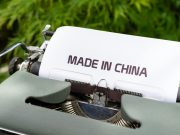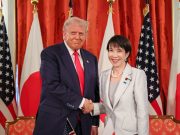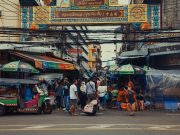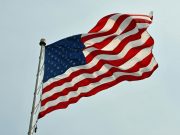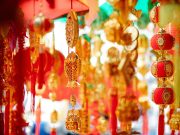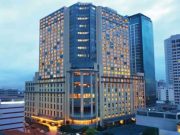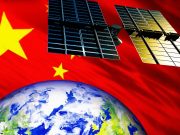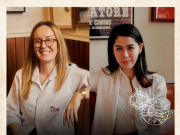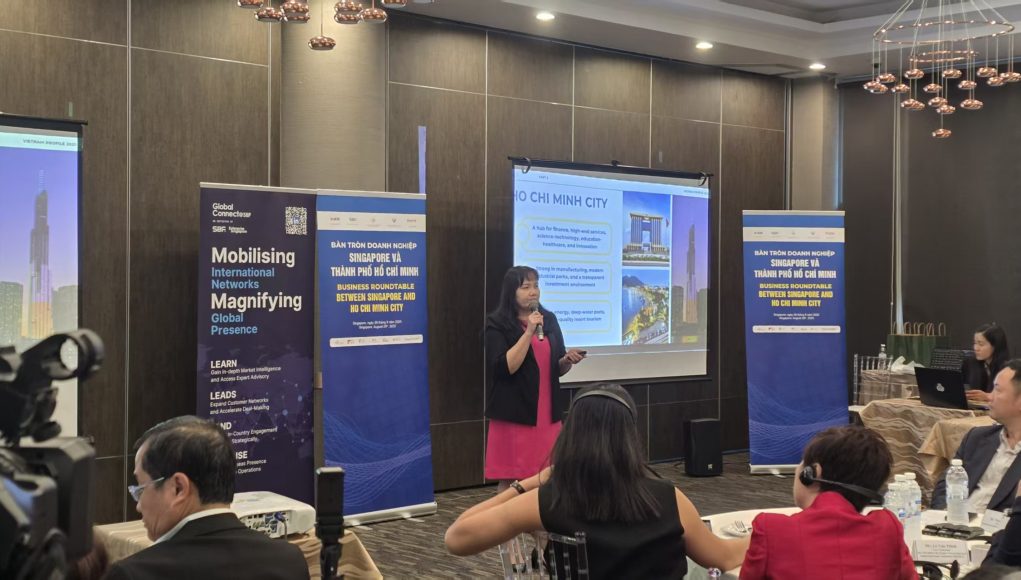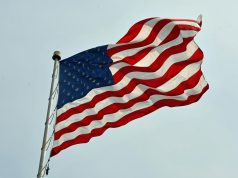(Singapore, 28,08, 2025)At a Ho Chi Minh City Business Forum held in Singapore today, several speakers shared their experiences of investing and doing business in Vietnam. They noted that while Vietnam’s rapidly growing economy continues to attract global attention, its unique market culture and policy environment present higher demands on foreign investors. Representatives from the Singapore Business Federation (SBF), the Vietnam Trade Office in Singapore (VnTradeSg), the Ho Chi Minh City Investment and Trade Promotion Centre(ITPC), and United Overseas Bank (UOB) were among the participants who offered their insights.
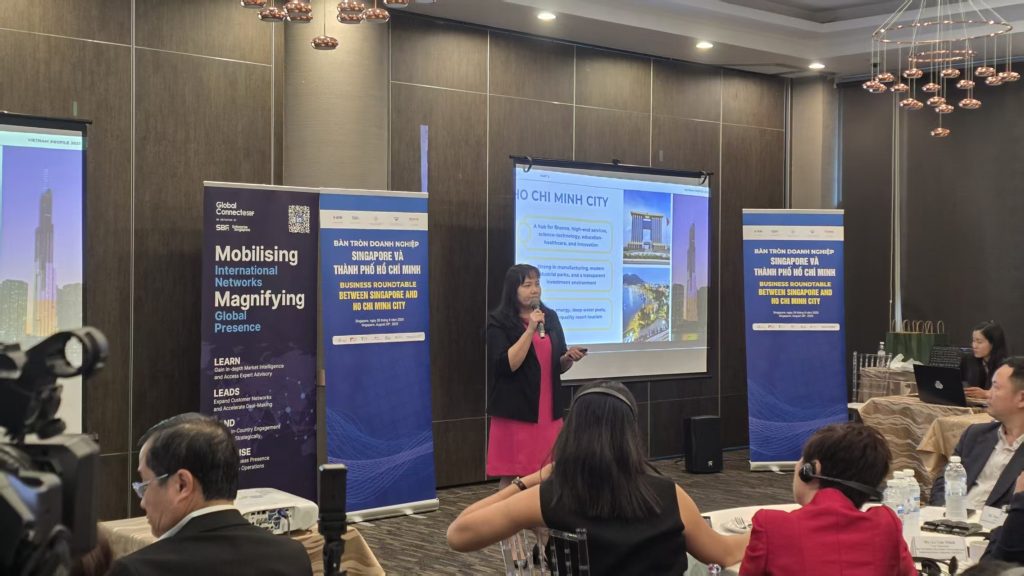
Vietnam’s Economy Maintains Robust Growth; Education and Healthcare as Priorities
Vietnam’s GDP growth exceeded 7% in 2024, with both the number and value of foreign direct investment projects on the rise. Despite global economic uncertainty, Vietnam continues to demonstrate strong appeal. With a population surpassing 100 million and accelerating urbanization, services and manufacturing are becoming the dominant sectors. The country currently has more than 3,300 ports and 22 civilian airports, while planned highways and industrial parks are expected to further enhance the business environment.
Cao Xuan Thang, Director of the Vietnam Trade Office in Singapore, emphasized that education and healthcare will be critical drivers of Vietnam’s future development. The country is borrowing from Singapore’s education model to cultivate international talent, while the strain on medical resources in major cities creates opportunities for Singaporean healthcare groups and medical technology firms. He also highlighted that food and nutritional security remain central to Vietnam–Singapore cooperation. Singapore imports nearly 90% of its food, while Vietnam is already the second-largest rice exporter and the third-largest seafood supplier to Singapore. Both sides are now working on a new memorandum of understanding to strengthen food security collaboration.
Ho Chi Minh City: A Strategic Hub in Regional Supply Chains
Victor Ngo, Chief Executive Officer of UOB Vietnam, underlined the country’s rising role in regional and global supply chains. In the first seven months of 2025, Vietnam attracted US$24 billion in foreign investment, up 27 percent year-on-year. Singapore once again topped the list with US$4.6 billion, confirming its position as Vietnam’s largest source of investment. This, he said, is a clear demonstration of investor confidence in the Vietnamese market.
Ngo explained that Vietnam’s strengths lie in its strategic proximity to China, its political stability and ongoing reforms that position Ho Chi Minh City as an international financial and technology hub, and its rapidly improving infrastructure, with Long Thanh International Airport expected to open in 2026.
He added that a competitive workforce and the expansion of the middle class are reshaping consumption, while Vietnam’s commitment to developing its digital economy and green industries points toward its ambitious target of carbon neutrality by 2050. He observed that while traditional industries such as electronics, textiles, furniture, agriculture, and aquaculture continue to hold strong appeal, the real momentum is now in emerging sectors such as renewable energy.
Complex Decision-Making Environment: Relationship-Building is Critical
The surge of investment into Vietnam has also swept into real estate, one of the hottest investment sectors. Yet forum participants with long experience in Vietnam revealed the market’s distinctive “internal-first” mechanism, where senior executives of developers may be given early access to property purchases and resell them for profit, while foreign investors often find themselves excluded from such opportunities. This highlights the idiosyncrasies of Vietnam’s business environment. By contrast, Singapore’s transparent governance system prohibits such practices, ensuring fairness for all market players.
Amy Wee, Country Head for Vietnam, Myanmar, Laos, and Cambodia at the Singapore Business Federation, remarked that navigating Vietnam requires patience and depth. “In Vietnam, one nod from a senior official is far from enough. You need to build relationships at multiple levels, and only through long-term cultivation can you make real progress,” she said.
She also stressed that Vietnam’s decision-making system differs from China’s pyramid-like model. In Vietnam, officials at multiple levels can exercise decision-making power, and cities such as Ho Chi Minh City and Hanoi may operate under different dynamics. With the government’s recent restructuring of ministries, responsibilities remain unclear in some cases, meaning that businesses must expect to invest additional time and effort in the approval process.
Speakers widely agreed that Singaporean investors enjoy a strong reputation for being clean and reliable. Wee noted that Singapore’s strict regulations, and the certainty of penalties for violations, foster a culture of compliance that makes its enterprises highly trusted in Vietnam.
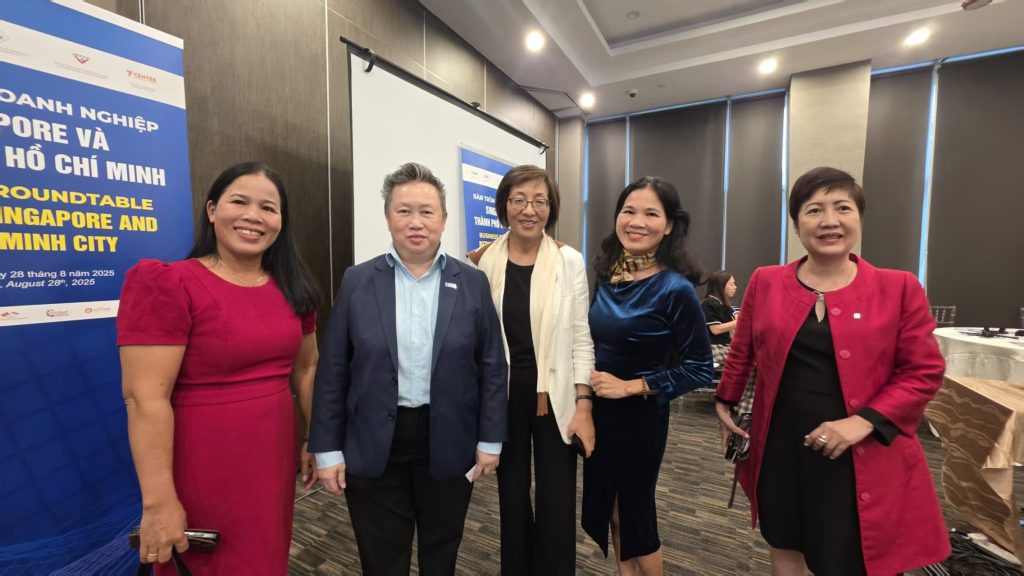
Vietnam will celebrate its 80th National Day on September 2 with a grand military parade, with China, Russia, Laos, and other countries invited to participate. “This is a very different year,” one attendee observed.
Vietnam, they said, is rising at extraordinary speed, and nearly every country and business is seeking an entry point. On the international stage, Vietnam is pursuing a “make friends widely” strategy, maintaining close ties with both China and the United States while deepening engagement with ASEAN partners to signal openness. The influx of foreign investment has intensified competition, but it also underscores the importance of Vietnam sustaining its open posture.




